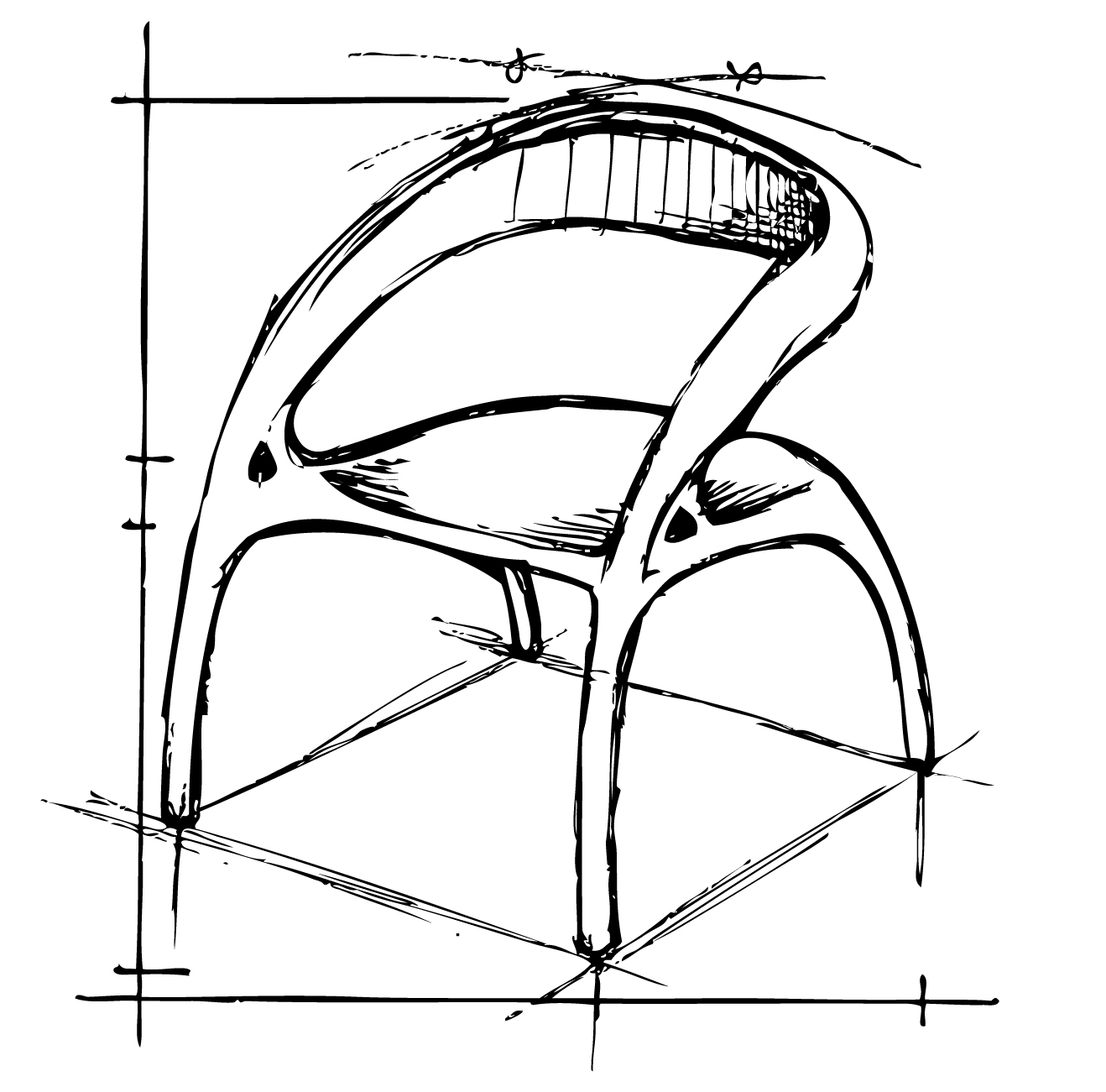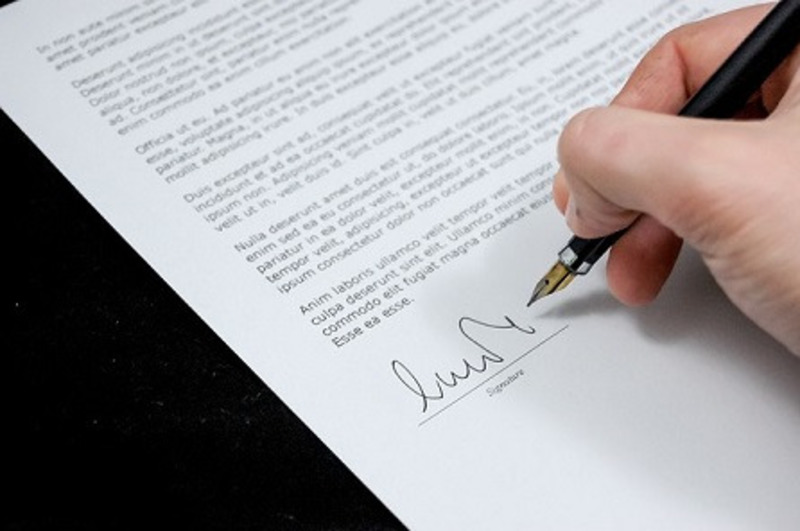
Don’t Let Outdated IP Registers Turn Into a Horror Story for Your Business
Perhaps you’re a business owner with an innovative product or service successful enough to grab a growing share of your market. Your firm may have already obtained intellectual property rights to protect its innovation from competitors, but now your business has an opportunity to purchase important rights from a former rival that is going out of business. After a swift negotiation period, your business acquires what becomes a critical portfolio that your company leverages to enter an entirely new market.
However, what if someday you file a civil action against an infringing party, only to find that something horrific has happened to the IP rights you had acquired? What if the court, after consulting with the patent register, rules that the rights have been invalidated by a proceeding about which you were never notified? What if you’re able to prove infringement, but you lose out on valuable damages because you weren’t properly recorded as the owner at the time you filed your lawsuit?
Though these issues are largely correctable, they highlight just a few of the major headaches that can result from failing to update IP recordals when you sell or acquire IP assets. IP recordals do not grab the attention of anyone working in intellectual property, but anyone who has dealt with situations caused by improperly recorded ownership information can tell you that it’s not a task to be taken lightly.
Consider what can happen from the perspective of a company owning German patents. Under Section 81 of Germany’s Patent Act, which governs invalidation proceedings, third parties challenging the validity of a German patent must bring the action “against the person entered in the register as the patent proprietor.” If that action is filed against the patent’s previous owner, and that company is now defunct, a default judgment could easily result that makes it difficult for the patent’s actual owner to assert rights later. While Section 185 of Germany’s Patent Act provides for service by public notice if the patent proprietor entered on the register cannot be found, such a notice published by the German courts could easily be missed by a foreign patent owner.
There is also a common practice, which is triggered by cost-saving considerations, not to record changes of registered trademarks until the next renewal (which may be a little less ten years after the change occurred). This may cause issues in demonstrating the continued use of the trademark by the registered owner. Further, in some jurisdictions a late recordal will simply cause higher costs, such as in the Syrian Arab Republic, Uganda, West Bank and Zambia, which may render the initial cost-saving considerations void.
Each jurisdiction that issues patents has unique rules on IP recordals and those rules are changing all of the time. In the United States, lawmakers are currently debating passage of the Pride in Patent Ownership Act. If the U.S. Congress passes this bill, it would require patent owners to update ownership information registered at the U.S. Patent and Trademark Office when ownership interests have been conveyed to a new entity. Patent owners who fail to update this information cannot obtain enhanced damages for patent infringement for the time period during which the improper ownership information was still recorded. Imagine the incredible amount of disappointment that a firm would feel after having successfully proved infringement against an egregious offender only to find out that a small oversight prevented them from earning triple the damages, a remedy available under U.S. law against willful infringers.
Here’s just a quick look at some IP recordal rules around the world and how they could impact your intellectual property assets:
- In Indonesia, Article 1(1) of the Indonesian Patent Law has been interpreted by the nation’s Directorate General of Intellectual Property (DGIP) as prohibiting any change of ownership information until a patent has been granted by the agency. As a result, any parties that have licensed or assigned rights currently under patent applications must remember to change ownership details once the patent has actually been issued.[1]
- In Australia, under Section 196 of the 1990 Patent Act, which is still in force, if a document’s particulars have not been entered in that country’s patent register, then that document is not admissible in court proceedings to prove title to or interest in a patent. This can cause issues for firms who have licensed or purchased patent rights and find that documents showing that interest are not admissible in court because ownership data was never updated.
- In Germany, Section 23(1) of the country’s Patent Act allows patent owners to notify the German Patent and Trademark Office (DPMA) that they are willing to license their patent in order to halve their patent annuity payments. Companies who do not remove this designation in their German IP recordal may find that they are legally compelled to license their most valuable patents in Germany to other firms.
- Patents aren’t the only IP right for which timely record updates are crucial. In Kenya, that country’s Anti-Counterfeiting Authority (ACA) issued a public notice this April on new IP right recordal requirements for any business importing goods into the country. Business owners importing goods into Kenya who haven’t properly recorded trademark rights covering those goods with the country’s ACA could be open to legal liability.
As you can see, recording in a timely manner any and all changes as to the ownership of your Intellectual Property Rights may be crucial to be able to defend or actively use your rights against potential infringers. At SHIP Global IP we offer streamlined, efficient and cost-transparent Recordal services for all circumstances, including change of address, entity type and ownership, recording licenses or willingness to license. Don’t wait until it’s too late.












